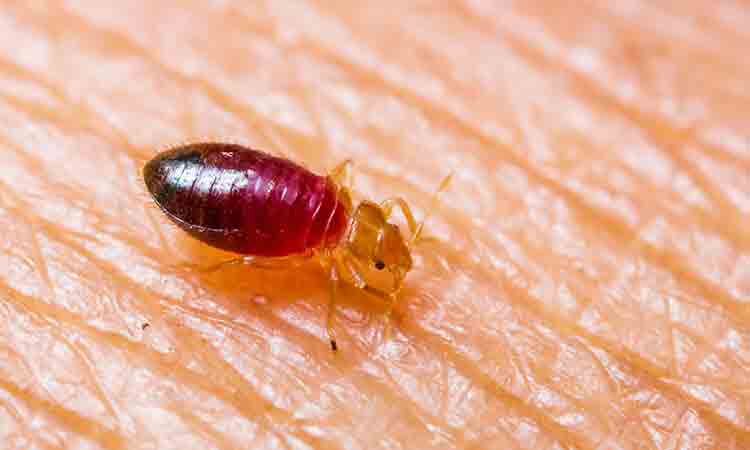Bed Bugs Control
Bed bug infestations are often dreaded due to how easily they can spread. Bed bugs don’t make nests, but simply hide in groups where food and shelter is available. The are most commonly found in box springs, mattresses, headboards and bed frames, which give them access to their food source (sleeping humans.) In order to mature, bed bugs must have a steady food source. Identifying an infestation before the nymphs reach maturity is important in preventing the further laying of eggs.
We heard of many horrific and traumatic bed bug cases that left home owners totally stressed out. True that bed bug is one tricky menace to handle, and for victims whom had experience encountering this stress-causing incident, they would agree they can be affected terribly in terms of paying a lot more to recover and rectify, mental stress and time lost.
To make matters worse, there are many pest solutions claiming effective treatment, fast result, low investment cost and only require 1 day of downtime for treatment. But, the biggest nightmare is to suffer from another round of bed bug epidemic at your home!
TTo ensure you are well informed and clear on what to expect, and if you are engaging the right and credible pest control specialist, here are 6 critical questions you need to ask.
#1 Why and how Bed Bug infestation get started at my home?
Crucial point is, you need to know why is there a bed bug outbreak in your home and understand the root cause/source. How it spreads to your home, and what you may have done in attracting these bugs back. For example, have you gone traveling recently? Did you use any 2nd hand furniture, do you have the habit of placing baggage near your bed? Trace back activities that increase the risks of bed bug infestation.
#2 What treatments do you recommend?
Do not be fooled by quick fix solutions with no downtime. The Bed Bug life cycle consist from the eggs, nymphs, to adults. At every life cycle, it is important to eradicate them with targeted treatments to ensure adequate coverage. For example, few hundred eggs can be present at difficult to reach spaces and steam treatment may be recommended to remove these eggs. While adult lifespan can stretch across months and survive with feeding, thus is important to eradicate them fully through quality residual spray.
#3 How effective is the chemical?
It is essential to understand more on the type and quality of chemical used, because Bed Bug is a challenging problem to control and choice of chemical means efficacy and responsiveness is at stake. Leaving small or handful traces of bugs behind means the potential re-infestation is high through its quick reproduction cycle.
#4 How often do I need to carry out the treatment?
Because of their fast and large reproduction nature. On an average, they can reproduce within 200 to 250 eggs at one time, and hatch during an interval between 6 to 10 days. Bed bugs largely live between 4 months to 6 months, and a 1-time treatment is not sufficient to cover the Bed Bug life stages. A 3 times treatment integrated with steam treatment and follow ups across 1.5 to 2 months is usually recommended.
#5 Will you conduct inspection and after treatment checks?
Re-infestation is the no. 1 biggest nightmare and adequate checks and follow up is important during the initial weeks to ensure no reproduction, secret hideouts and remaining bits of bugs are taking place. This includes all the blind spots, cracks and crevices, corners and edges and any tiniest gaps in the home should be inspected. During treatment checks, recommendations would also be made to ensure the effectiveness is complemented with diligent housekeeping.
#6 What do I need to do after the treatment?
Bed Bug is a cross-infestation nature pests and it can be a recurring problem if daily habits, lifestyle and home maintenance is not adjusted. Be equipped with more information to get the best out of your treatments done here.

